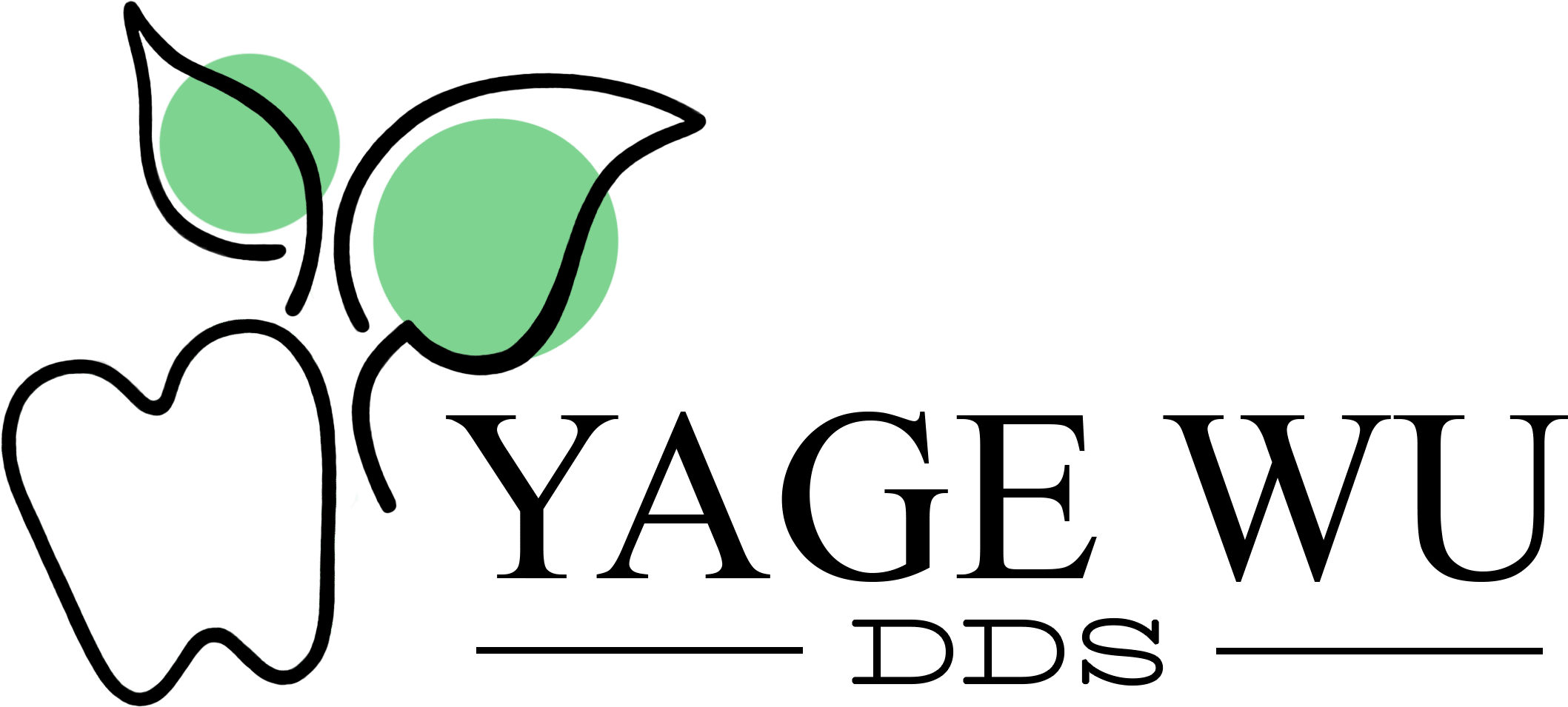
Good oral hygiene isn’t just about brushing and flossing—what you eat matters too! The right nutrition plays a big role in preventing cavities, strengthening enamel, and keeping your gums healthy. By including certain foods and nutrients in your diet, you can enhance the health of your teeth and gums while reducing the risk of dental issues.
In this blog, we’ll explore 10 essential nutrition tips that can help you maintain a bright, healthy smile and prevent oral health problems. These tips are not only practical but will also support your overall well-being.
Tip 1: Consume Calcium-Rich Foods
Calcium is essential for strong teeth and bones as it helps build and maintain tooth enamel. Foods like milk, cheese, yogurt, and leafy greens pack significant amounts of calcium that can protect your teeth from decay. If you’re lactose intolerant or prefer plant-based options, almond milk, fortified juices, and tofu are excellent alternatives.
Adding more calcium to your diet supports your enamel and reduces the risk of losing essential minerals to acid attacks caused by plaque.
Tip 2: Don’t Forget Vitamin D
Vitamin D is a crucial partner for calcium, as it helps your body absorb and use calcium effectively. Without sufficient Vitamin D, your teeth and gums may weaken over time. You can boost your Vitamin D levels by enjoying fatty fish like salmon and mackerel, adding fortified foods to your diet, or spending time in the sunlight.
Maintaining an adequate level of Vitamin D promotes healthier teeth and gums while fortifying your overall bone health.
Tip 3: Boost Gum Health with Vitamin C
Vitamin C strengthens gums and prevents inflammation by supporting the connective tissue around the teeth. Lack of Vitamin C can lead to bleeding gums and even gum disease. Citrus fruits like oranges, strawberries, kiwis, and vegetables like bell peppers and broccoli are excellent ways to get a healthy dose of this vitamin.
Healthy gums not only feel better but act as a protective seal for your teeth.
Tip 4: Chew on Crunchy Fruits and Veggies
Raw fruits and vegetables like apples, carrots, and celery are nature’s toothbrush. Their fibrous texture stimulates saliva production, which helps neutralize harmful acids in your mouth. Chewing such foods can also scrub your teeth’s surface, reducing plaque buildup over time.
A quick snack of crunchy produce can help keep your teeth clean and your gums stimulated.
Tip 5: Reduce Sugar Intake
Sugar is one of the biggest enemies of oral health. It feeds harmful bacteria in your mouth, creating acids that erode tooth enamel and cause cavities. Limit sugary snacks, candies, sodas, and desserts. Opt for healthier alternatives like fresh fruit or nuts for snacks.
Reducing sugar intake will help protect your enamel and prevent tooth decay.
Tip 6: Choose Foods Rich in Magnesium
Magnesium helps your teeth absorb calcium more effectively, making it a vital element in supporting enamel health. You can find magnesium in nuts, seeds, whole grains, and leafy greens like spinach.
Including magnesium-rich foods in your diet is another great step toward stronger teeth and a healthier smile.
Tip 7: Stay Hydrated
Drinking plenty of water is beneficial for your teeth and gums. It helps wash away food particles and bacteria while keeping your mouth hydrated. Tap water is particularly beneficial in areas where it’s fluoridated, as fluoride strengthens enamel.
Keep sipping water throughout the day to promote a clean and healthy mouth.
Tip 8: Avoid Acidic Foods and Drinks
Frequent exposure to acidic foods and beverages, such as soda, citrus fruits, and wine, can erode tooth enamel over time. If you do consume acidic items, rinse your mouth with water afterward, and wait at least 30 minutes before brushing to protect your enamel.
Being mindful of acids can help preserve your teeth’s strength and appearance.
Tip 9: Include Omega-3s in Your Diet
Omega-3 fatty acids, found in fish like salmon and walnuts, reduce gum inflammation and may help prevent gum disease. Studies have shown that Omega-3s can even support overall oral health by lowering bacteria levels in the mouth.
Adding Omega-3s to your meals can promote healthier gums and reduce oral discomfort.
Tip 10: Practice Moderation with Staining Foods and Drinks
While coffee, tea, and red wine are enjoyable, they can stain your teeth over time. Use a straw when drinking them, if possible, and limit consumption. To reduce staining, brush your teeth or rinse your mouth after consuming these beverages.
Practicing moderation ensures your smile stays as bright as it is healthy.
By incorporating these nutrition tips into your daily life, you can help protect your teeth and gums from common issues like decay and gum disease. Pairing good nutrition with regular dental checkups ensures the long-term health of your smile. Learn more about maintaining oral health with preventive dentistry.
Frequently Asked Questions About Preventive Dentistry
What is preventive dentistry, and how does it help maintain oral health?
Preventive dentistry involves regular care practices and treatments aimed at stopping dental issues before they start. This includes routine cleanings, checkups, fluoride treatments, and patient education on maintaining oral hygiene at home. Preventive care helps protect against cavities, gum disease, and other oral health problems while saving time and money in the long run.
How often should I visit the dentist for preventive care?
It is recommended to visit the dentist twice a year for routine cleanings and examinations. However, your dentist may suggest more frequent visits based on your individual oral health needs. Regular visits ensure early detection and management of potential issues, keeping your smile healthy and strong.
Dr. Yage Wu is proud to provide comprehensive preventive dentistry services tailored to fit your needs. If you’re ready to take the next step toward better oral health, contact us today—we’re here to help you achieve a brighter, healthier smile.
